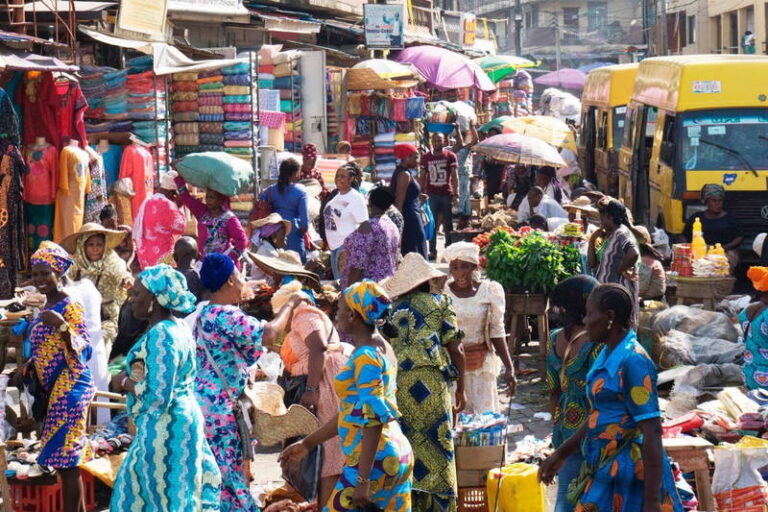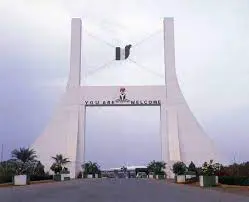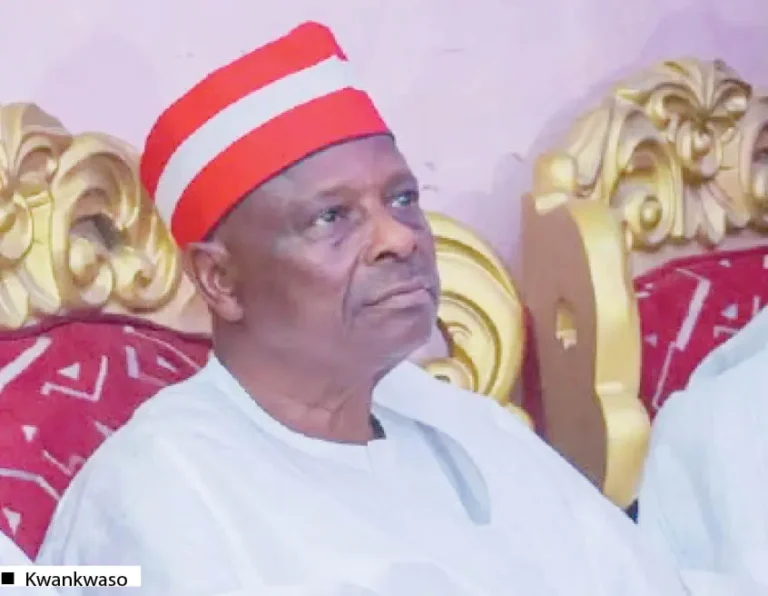
Nigeria's Inflation Hits 24.08%: Assessing Tinubu's Policy Reforms
As Nigeria grapples with a staggering inflation rate of 24.08%, President Bola Tinubu’s reforms have come under scrutiny for their lack of effectiveness and transparency. While the intention behind these reforms might have been to reshape the economy and address long-standing issues, the current economic indicators raise concerns about their impact on the lives of everyday Nigerians.
Since taking office, President Tinubu’s policies, particularly the lifting of foreign exchange trading limits and the elimination of the gasoline subsidy, have brought about significant changes to the economic landscape. The depreciation of the naira by over 40% and the quadrupling of gasoline prices have undoubtedly contributed to the sharp spike in inflation. As the food inflation rate rose to 26.98% in July 2023, it’s evident that these reforms have hit the most vulnerable Nigerians the hardest, as prices for essential commodities like oil, cereals, fish, and vegetables have soared.

It’s worth acknowledging the attempt to address transparency concerns by lifting the limits on foreign exchange trading and unifying the currency rate. However, the adverse effects on inflation were, in fact, anticipated by the National Bureau of Statistics (NBS), which suggested that the full implications might not be immediately reflected in the inflation data. This candid admission from the NBS should raise questions about whether the government adequately communicated the potential consequences of these reforms to the public.
Furthermore, the communication coming from the presidency regarding the petroleum sector is a source of ambiguity and confusion. While it was stated that there would not be a price hike for petroleum products at the moment, rumors of the reintroduction of a partial fuel subsidy have added uncertainty to the situation. Nigerians deserve clear and honest communication about the direction of these reforms, especially when it directly affects their day-to-day lives.
The question of whether President Tinubu’s reforms will ultimately lead to a better or worse situation for Nigerians is complex. On one hand, the goal of deregulation and economic restructuring is laudable, as it can pave the way for a more competitive and resilient economy in the long term. On the other hand, the short-term pain inflicted by the abrupt price hikes and currency depreciation cannot be underestimated. The rising costs of living, especially for basic necessities, are straining the already vulnerable population and eroding their purchasing power.
The central issue here is whether President Tinubu’s administration has been transparent and empathetic in its approach to these reforms. While the goal of maintaining the current pricing structure for petroleum products might be grounded in economic analysis, the government must be prepared to demonstrate its commitment to addressing the immediate hardships faced by Nigerians.
Potential Solutions that the Federal government Should Consider
The solutions should strike a balance between safeguarding the nation’s economic future and ensuring the well-being of its citizens. With a comprehensive strategy that encompasses both short-term relief and long-term stability, Nigeria can weather the current storm and pave the way for sustainable economic growth:
- Agricultural investment: Focus on boosting domestic food production by investing in agriculture and supporting farmers. This could help stabilize food prices and reduce dependence on costly imports.
- Monetary policy: The central bank should continue its vigilant stance on monetary policy, striking a balance between curbing inflation and supporting economic growth.
- Fiscal prudence: Maintain fiscal discipline and ensure efficient allocation of resources to avoid excessive government spending that could further drive inflation.
- Currency management: Efforts should be directed toward stabilizing the naira’s value while allowing for a gradual and controlled depreciation to maintain competitiveness.
- Public awareness: Educate the public about the long-term benefits of these reforms, fostering a sense of understanding and support.
In conclusion, the impact of President Bola Tinubu’s reforms on Nigeria’s inflation crisis is a mixed bag. The immediate consequences are undoubtedly challenging for ordinary citizens, who are grappling with skyrocketing prices for essential goods. The lack of clear and consistent communication from the government only adds to the uncertainty surrounding these reforms. If the administration genuinely aims to address the needs of its people, it must balance the pursuit of long-term economic stability with immediate measures to mitigate the inflation crisis’s impact on vulnerable populations. Transparency and accountability should remain at the forefront of these reform efforts to foster trust and ensure that the benefits of a reshaped economy are eventually realized by all Nigerians.







